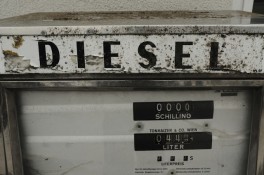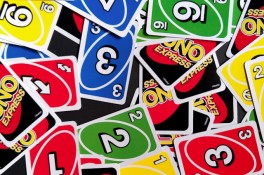Mealworms may look disgusting, but recent findings of some studies suggest that they may be able to help clean up our polluted environment.
Apparently, researchers found out that these mealworms feed off Styrofoam and other types of plastics, which are considered as primary contributors in environmental pollution, as per CNN.
Less than 10 percent of the Styrofoam gets recycled in the United States, Popular Science has learned. The first study published in Environmental Science and Technology, which was co-authored by Professor Jun Yang and his doctorate student Yu Yang of Beihang University and Stanford University engineer Wei-Min Wu, suggests that each mealworm could eat about a pill-size portion every day.
Meanwhile, the second research studied the mealworm's gut microbes. They were reportedly able to break down plastic safely. These microorganisms could biodegrade polyethylene, a common form of plastic.
In other words, these small guys found inside the digestive system of the mealworms produce an enzyme that can break down the foams into organic compounds.
What happens to the substances that mealworms wasn't able to digest? According to Good News Network, they expel them as biodegradable substances, which appeared to be safe for plants and crops.
After paying close attention to the worms, researchers found out that the larvae eating styrofoam were as healthy as the normal ones, which feed on bran.
"The findings are revolutionary," Wu said in an interview with CNN. "This is one of the biggest breakthroughs in environmental science in the past ten years."
These findings prompted the researchers to push the study further, focusing on other plastics, like microbeads.
These microbeads are small plastic bits normally found in soaps and many other types of cosmetic products. Earlier reports suggest the synthetic microbeads accumulate in waterways, which include oceans and lakes.
The researchers are also planning to look for mealworms' ocean counterpart, hoping that there is a sea creature that can help reduce the huge amount of plastic waste stuck in oceans.
© 2017 Jobs & Hire All rights reserved. Do not reproduce without permission.




